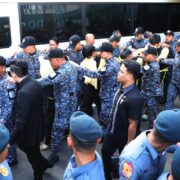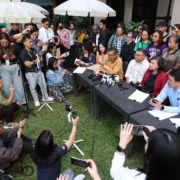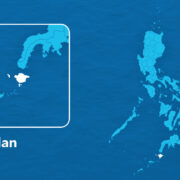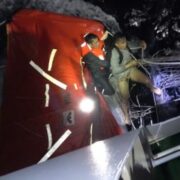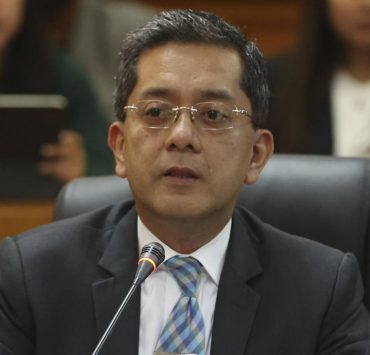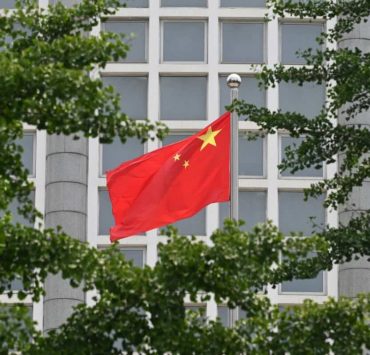Canada helps PH in seaboard watch
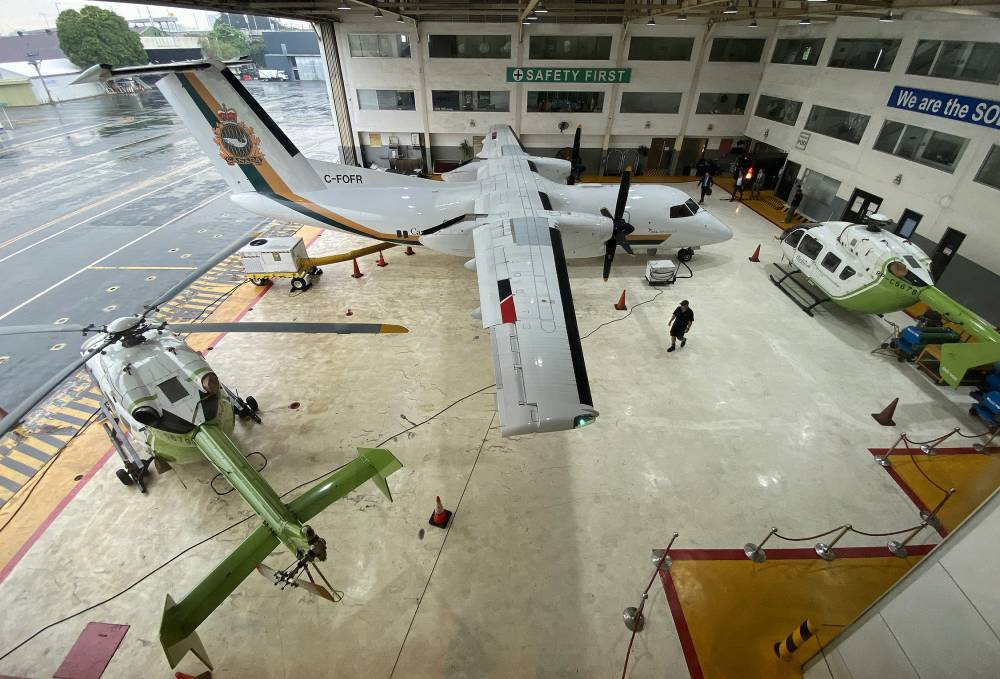
A Canadian surveillance aircraft uncovered a number of fishing violations on the Philippines’ eastern seaboard during a two-week patrol with the Bureau of Fisheries and Aquatic Resources (BFAR) personnel onboard.
“This is an eye opener. Before, we were focused only on deploying surface assets and [could] only cover much, and it’s very loose out in the sea,” officer in charge of the BFAR fisheries resources management division Roy Ortega said in early December.
“With this air asset, we were able to cover a vast expanse of maritime areas in a short span of time,” he added.
Ottawa deployed a De Havilland DHC-8 surveillance aircraft used for long-range patrols to detect fishing vessel activities within the Philippines’ exclusive economic zone and adjacent high seas for a 72-hour patrol that flew out of Cebu from Nov. 13 to Dec. 1.
They found 88 “potential violations” of fishing that will be subject to investigation by the Philippine government.
These activities included fishing with unregistered or unmarked vessels and the use of prohibited gear.
Outside PH jurisdiction
Fifty of these violations were in the high seas, or outside the country’s jurisdiction.
“This is an area that doesn’t have a lot of traditional enforcement assets available. So this is something we see around the world where there’s a low deterrence for IUU (illegal, unreported and unregulated) fishing. It tends to happen more often,” said Sean Wheeler of Canada’s Department of Fisheries and Oceans (DFO).
“That’s part of the reason why we’re here and we’re working really closely with BFAR to get more surveillance assets out there to understand the fishery more, understand the levels of IUU, and effectively to, in the end, deter IUU fishing from happening,” he said.
Called Operation Bantay Lawud (Sea Guardian), the mission aimed to combat IUU fishing in the western Pacific, as part of Canada’s Indo-Pacific Strategy.
The operation also builds on Canada’s cooperation with the Philippines on the deployment of the Dark Vessel Detection platform, which allows it to detect ships that have switched off their location transmitters to avoid detection.
“It’s a very uplifting experience for our flyers who did actual surveillance work alongside Canadian partners,” Ortega said.
DFO also provided training for Filipino officers on how to effectively conduct high-seas boardings and inspections to strengthen the Philippines’ capacity in fisheries law enforcement.




